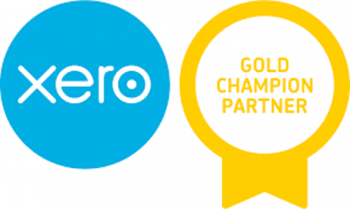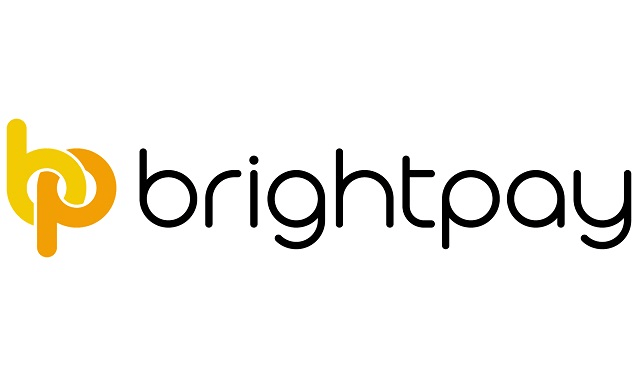You’d think, when you set up a business, that getting paid would be simple. This is far from the truth. Every year, new tax and business legislation means you constantly have to think about the best way to do things.
What’s the best way to get paid as a company director in 2023? And how can you know that it’s right for you?
In this post, we’ll explain directors’ main options for taking money from the company, with the benefits of salary vs dividends and associated tax obligations outlined.
What’s the most tax-efficient method?
Whenever it comes to tax, there’s no universal answer. Paying yourself in 2023 as a company director will depend on a number of factors, including your business structure, economic conditions, and current tax laws.
Paying yourself as a sole trader is easy. No questions are asked when you withdraw money from your business bank account.
In contrast, directors of limited companies must follow stricter rules when taking income from their businesses — either through salary or dividends.
Salary
You’ll need to put yourself on the company’s payroll to take a salary from your limited company. That means registering as an employer — even if you’re the only employee at your limited company.
Pros
Paying yourself a salary could help you prepare properly for retirement, as taxpayers need at least ten qualifying years on their National Insurance record to qualify for the state pension.
And you can deduct your salary payments on your corporation tax return, thus reducing your company’s taxable profits.
Unlike dividends, you can take a salary even if your company doesn’t make any profit, giving you a more reliable income.
Cons
This method could be less efficient since salaries are subject to a higher tax rate than dividends. You’ll also need to pay employers’ and employees’ NICs.
Additionally, running your own payroll can increase your administrative burden as an employer, especially if you need to account for benefits like pension contributions.
By hiring an expert in payroll — like us — you’ll find yourself in the best position to deal with this extra admin. But it’s still worth weighing up your options.
Dividends
As a shareholder, you can pay yourself in dividends. This will be taken from your limited company’s profits after tax and will vary depending on your share of the business.
Pros
Dividends are subject to a lower income tax rate than salaries, making them an attractive option for limited company directors.
Neither employers’ nor employees’ NICs are payable on dividends — so less tax and more money.
Cons
Dividends cannot be paid until your corporation tax bill is paid, so they’re not a tax-deductible expense. You’ll need to pay income tax on dividends, albeit at a lower rate.
In April 2023, the tax-free dividend allowance fell from £2,000 to £1,000 and will again be halved to £500 in 2024.
Finally, dividends depend entirely on your company’s profits, so relying on them could cause your income to be unpredictable. Your personal finances may suffer if your company has a bad year.
Strike a balance
There are more options for taking money from a company than we’ve covered here, but salary and dividends tend to be the two main options for owner-directors. Many limited company directors take a combination of the two, with a small salary to maintain tax-efficiency and the rest of their income through dividends
Making the right decision as a business owner is hard, especially when you’ve got a million and one things on your mind. Paying yourself might be the last thing on your agenda. Whilst this is noble, it’s good to take care of your own side of the bargain.
We’re here to help you make the right decision. If you need some impartial support on the best way to pay yourself, reach out to us today.






